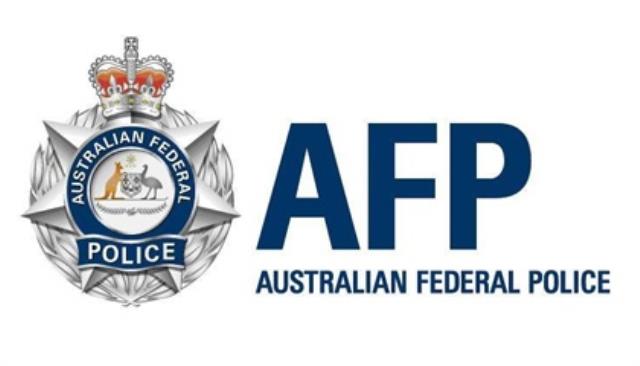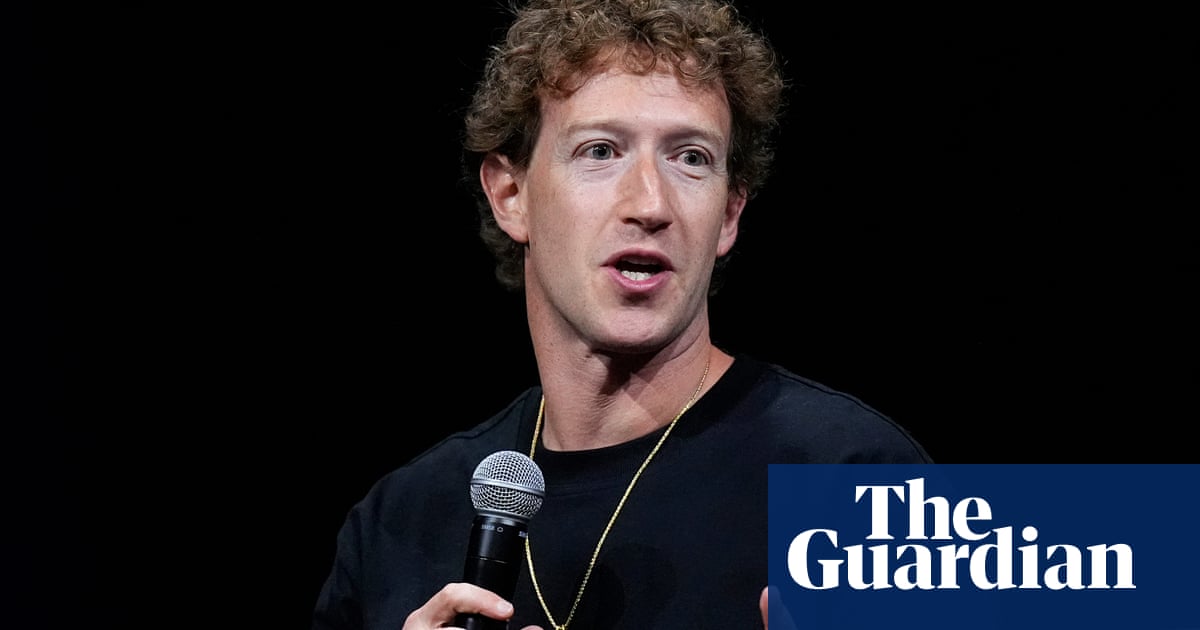Australia fights back against Zuckerberg with social media penalty fees

- by Admin
- December 11, 2024

A key feature of the government scheme is that the financial penalty on the tech companies would be greater than the cost of striking multimillion-dollar commercial agreements with Australian partners, according to sources familiar with the government policy.
The government is also considering more funding for regional media, such as grants to help pay for local news, to act on the recommendations of a parliamentary inquiry that warned about the financial pressure on media outlets.
Loading
This masthead revealed in May that Meta had told the Albanese government it could use its Canadian approach of removing news in Australia as chief executive Mark Zuckerberg seeks to halt the growing number of nations imposing costs on his company.
The Australian policy seeks to get around the Meta threat by imposing wide-ranging financial penalties on tech platforms so that they could incur significant costs even if they seek to shut down news.
The media industry has speculated for months about a federal levy on the big tech companies to raise revenue that could be used to invest in media outlets, but ministers rejected that approach.
With Trump threatening to impose tariffs when he takes office in January, some were wary of a policy that could be seen as an attack on big American companies and might therefore justify retaliation from the White House.
One source aware of the issues, however, noted that the news media bargaining code did not present a problem for Trump or his allies. One of his key advisers, Elon Musk, owns social media platform X, which has not been required to pay under the existing code. Musk is an avowed rival of Zuckerberg and last year challenged the Facebook founder to a cage fight in the Roman Colosseum.
Meta slammed the prospect of a levy or other financial cost being imposed on the firm in Australia in October.
“The committee’s recommendations ignore the realities of how our platforms work, the preferences of the people who use them, and the value we provide news publishers who choose to post their content on our platforms,” a company spokeswoman said.
The architect of the news bargaining code, former competition chief Rod Sims, said US agencies made similar threats about the code.
Loading
“But their threats just did not materialise,” he said, adding his support for a new mechanism to bring Meta to the table.
Sims said this year the news media bargaining code had to impose obligations on the digital giants because Google held monopoly power in search and Facebook was “extremely dominant” in social media.
Sims estimated the commercial deals were worth $1 billion over four years to media outlets including the ABC, Guardian Australia, NewsCorp Australia and Nine.
The Latest News
-
December 25, 2024Christmas at the ‘G! Aussie stars and family lap up big day
-
December 25, 2024‘They’re the idiots who picked me’: Aussie skipper’s hilarious message to relieve pressure on new opening sensation
-
December 25, 2024Aussie path to Champions Trophy glory begins with Ashes clash as schedule revealed
-
December 24, 2024‘Good to go’: Head’s cheeky injury jab as ‘unbelievable’ Aussie run machine gets green light
-
December 24, 2024Head passed fit as Australia reveal XI for Boxing Day | cricket.com.au





